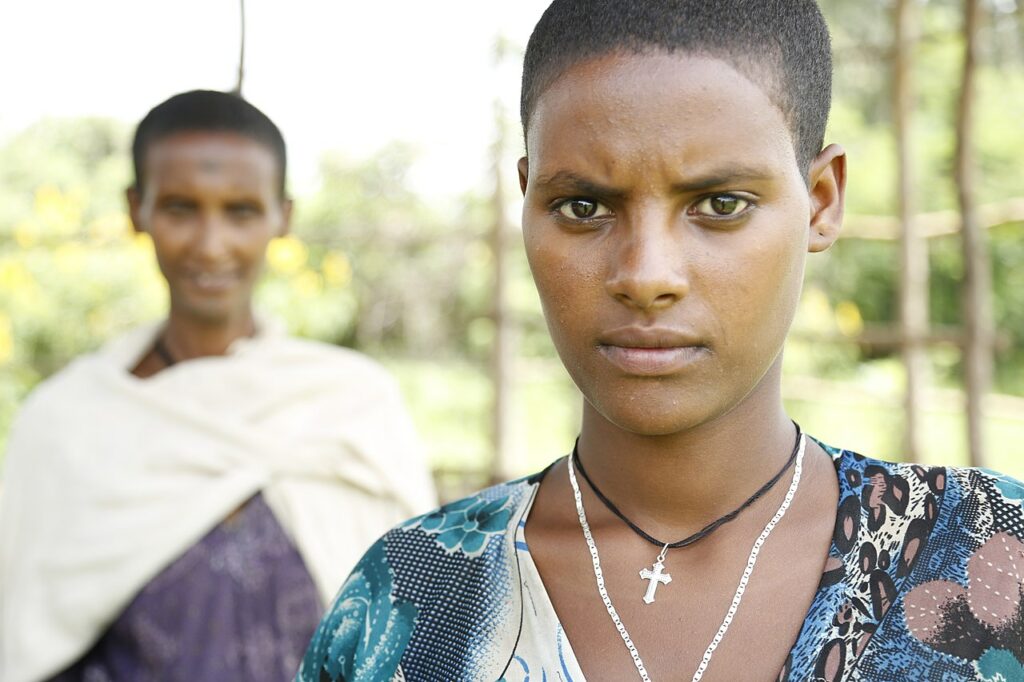
(Rightallegiance.com) – In Niger, a West African nation grappling with severe food insecurity, child marriage is becoming an increasingly prevalent coping mechanism. Families, particularly in rural areas, are marrying off their daughters at alarmingly young ages in exchange for dowries, which often include food and livestock. This practice, while rooted in tradition, is being exacerbated by the current hunger crisis.
Niger faces a multifaceted humanitarian crisis marked by escalating food insecurity. Approximately 38 million people across the Sahel region, including Niger, are affected, with projections indicating that this number could rise to 52 million during the lean season. Contributing factors include climate change, regional insecurity, and global crises such as the war in Ukraine, which have disrupted grain and fertilizer supplies.
The dire economic situation has led families to view child marriage as a survival strategy. Marrying off a daughter can provide immediate financial relief through dowries, which may include livestock or cash. This practice is particularly prevalent in rural areas, where access to education and healthcare is limited.
Child marriage in Niger has profound implications for young girls. These early unions often result in early pregnancies, which pose significant health risks due to the girls’ physical immaturity. Additionally, child brides are less likely to complete their education, limiting their future economic opportunities and perpetuating the cycle of poverty.
Various organizations are working to combat child marriage in Niger. UNICEF, in collaboration with the Government of the Netherlands, supports strategies that address child marriage, including the development of laws and policies to strengthen systems that enforce child marriage prohibition. Community-based programs aim to change social norms and provide education on the detrimental effects of child marriage.
While efforts are underway to reduce child marriage, the ongoing hunger crisis poses significant challenges. Without substantial improvements in food security and access to education, the practice is likely to continue. However, with sustained international support and community engagement, there is hope for change.
The rise of child marriage in Niger is a tragic consequence of the hunger crisis. Addressing this issue requires a multifaceted approach that includes improving food security, enhancing educational opportunities for girls, and changing societal norms. Only through comprehensive efforts can the cycle of child marriage and poverty be broken.